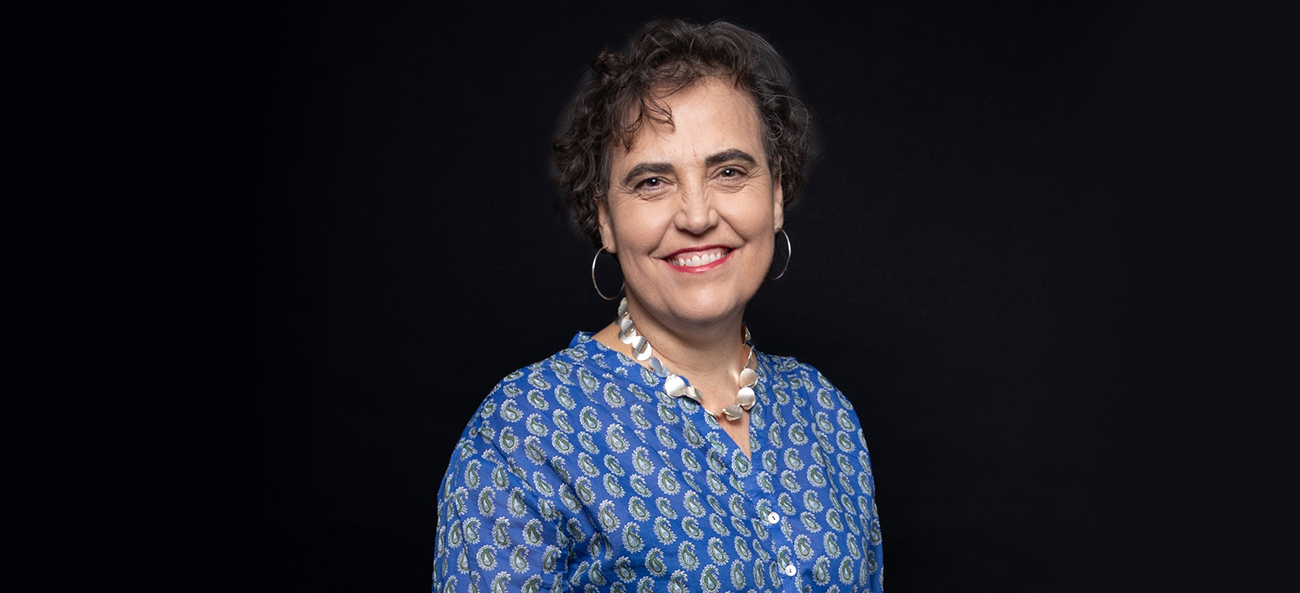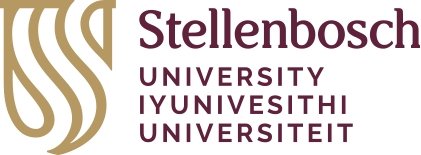
Prof Louise du Toit
14 August 2025 @ 17:3019:30


Of flesh and ore and the death of birth
Having in the past been critical of property models as a way to understand the harms of sexual violence, Louise du Toit returns to this idea in her inaugural lecture, considering whether it is helpful to think about sexual violence in South Africa as a form of plunder. Linear, extractivist, wasteful and polluting forms of capitalist production might be described in terms of plunder and pillage of the earth. Mining is undoubtedly one of the most destructive of these industries, and while it promises to create jobs and prosperity and ‘bring Africa into modernity’, it is also a key driver of what is often called Africa’s ‘resource curse’ or ‘paradox of plenty’. Mining has been central to the colonial and postcolonial economy of South Africa and other African countries, and its interests often clash with long-term ecological concerns and local communities’ survival interests. Ecofeminists argue that there are important parallels and interactions between the exploitation of earth and of women’s bodies. In her lecture, Louise considers whether the logic and grammar of mining as plunder might have been instrumental in creating a pervasive culture of sexual violence in our time.
WATCH THE INAUGURAL LECTURE HERE
Short biography
As a pre-schooler, Louise used to sit under her dad’s desk and scribble on the academic pages he tossed in the bin, playing at being a teacher like him. Later in life, debates during Sunday lunch with her parents, Danie and Elsa, Grandma Sara, her three brothers, Fanie, Tielman and Danie, and various student and family friends, stimulated her intellectual curiosity.
Initially wanting to teach English to high school learners, she studied Languages and Philosophy at Stellenbosch University (SU). In her third year, however, Philosophy lecturer Anton van Niekerk inspired her to become a philosopher instead. She completed an honours degree in Philosophy the next year and later obtained an MA under the supervision of Johan Hattingh.
She started her full-time Philosophy teaching career in 1997 at the then Rand Afrikaans University. With partner Hendrik Boshoff and toddlers Elsabé (b.1992) and Rudolf (b.1995), she moved to Johannesburg. In her appointment interview, she was asked, inadmissibly, whether she was planning on having more children, to which, of course, she said no. The next moment, she was happily pregnant with her youngest, Annali, who was born in 1998.
Louise completed her PhD in 2005 at the then newly established University of Johannesburg (UJ) under the supervision of Johan Snyman, Selma Sevenhuijsen and Iris Marion Young. Her supervisors, alongside Amanda Gouws, whom she had met during her postgraduate years at Stellenbosch, played a key role in shaping her as a feminist thinker. Collaboration with colleagues from the UJ Law Faculty led to publications on feminist legal philosophy, particularly relating to issues of family law and sexual offences laws, gender and transitional justice, and problems around choice and consent. In 2010, Louise was appointed as a senior lecturer in the Philosophy Department at SU. In 2013, she became the first woman Departmental Chair and in 2021, the first woman Professor of Philosophy at SU.
Louise enjoys postgraduate supervision – going on an intellectual journey of joint discovery with bright young minds. She has supervised seven PhDs and nineteen master’s theses to completion. Another seven PhD candidates and nine master’s students are currently under her wing. Additionally, she has hosted numerous postdoctoral fellows and has supervised close on forty honours research projects.
Beyond SU’s Philosophy Department, her love of teaching has also seen her teach Environmental Ethics at the University’s School of Public Leadership, and Business Ethics in the Faculty of Economic and Management Sciences. Additionally, she has taught and mentored students in a Mellon-funded Winter School programme on African Philosophy (hosted by Wits and Rhodes universities), at the law schools or faculties of the universities of Bristol (United Kingdom), Tilburg (Netherlands) and British Columbia (Canada), at the University of Cape Town’s Criminology Department, and as part of a Summer Institute on New Directions in the Philosophy of Sexual Violence at Elon University, North Carolina (United States).
On account of her monograph A Philosophical Investigation of Rape: the making and unmaking of the feminine self (Routledge, 2009) she was invited to join the SVAC (Sexual Violence in Armed Conflict) research group based at the Institute for Social Research in Hamburg. The interdisciplinary and international group comprises historians, political scientists, literary scholars, philosophers, psychologists, anthropologists, advocates and activists who engage with various theatres of conflict, both past and present. This group has been meeting for the past seventeen years, and its work has had a lasting influence on Louise’s thinking about sexual violence in both war and peace.
While sexual violence and rape have been central to her research since her PhD, she actively works in at least four broad fields of philosophy, namely feminist philosophy, legal philosophy, African philosophy, and environmental philosophy and ethics. She has co-edited African Philosophy and the Epistemic Marginalization of Women (Routledge, 2018) and Nonviolence and Religion (MDPI, 2023). She heads up the Unit for Environmental Philosophy and Ethics in the Centre for Applied Ethics.
Her extensive publication record also includes 60 accredited and peer-reviewed articles and book chapters, as well as 20 other scholarly works. She serves on several editorial boards and has been a reviewer for many international journals, as well as for the South African National Research Foundation (NRF), the Research Council of KU Leuven (Belgium), and the Radcliffe Institute for Advanced Study at Harvard University (United States). As a public speaker, she has featured at more than 100 conferences and seminars.
Louise has held visiting professorships or research fellowships at the Centre of Theological Inquiry in Princeton, Bristol University Law School, and the Institute of Philosophy at KU Leuven. Her three fellowships at the Stellenbosch Institute for Advanced Study (STIAS) to date focused on legal philosophy, white women and anti-racist struggles, and religion and nonviolence, respectively.

Recent Comments